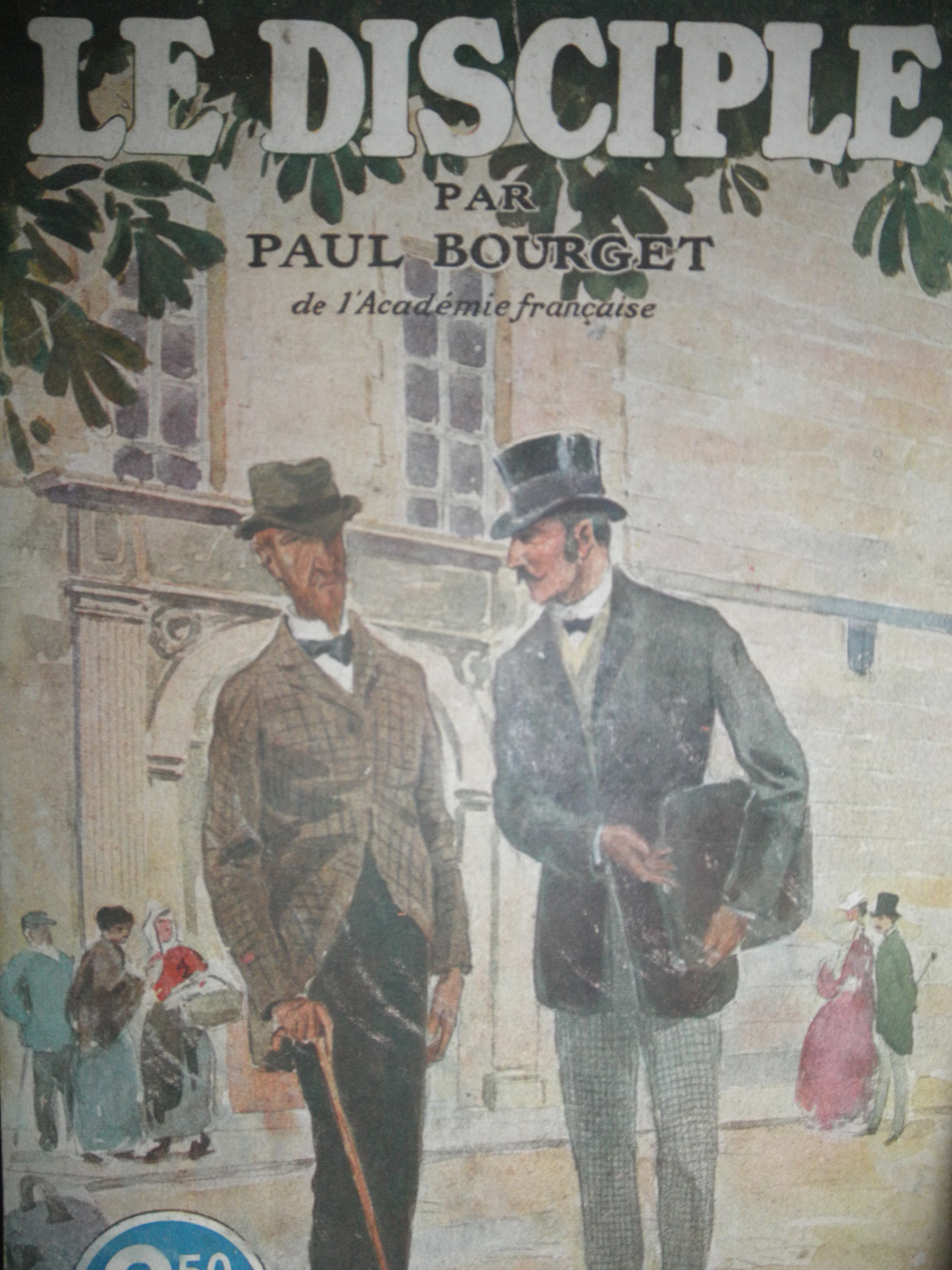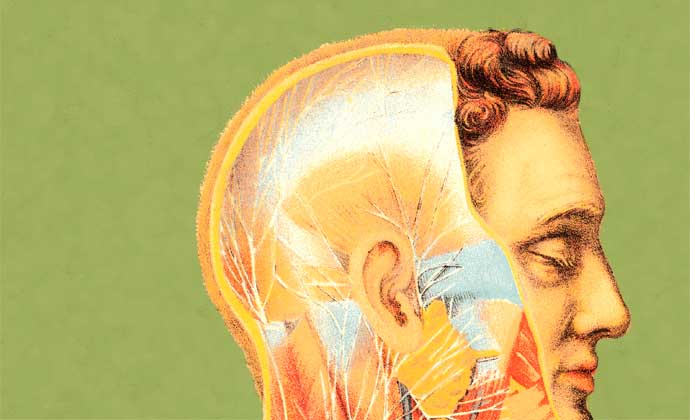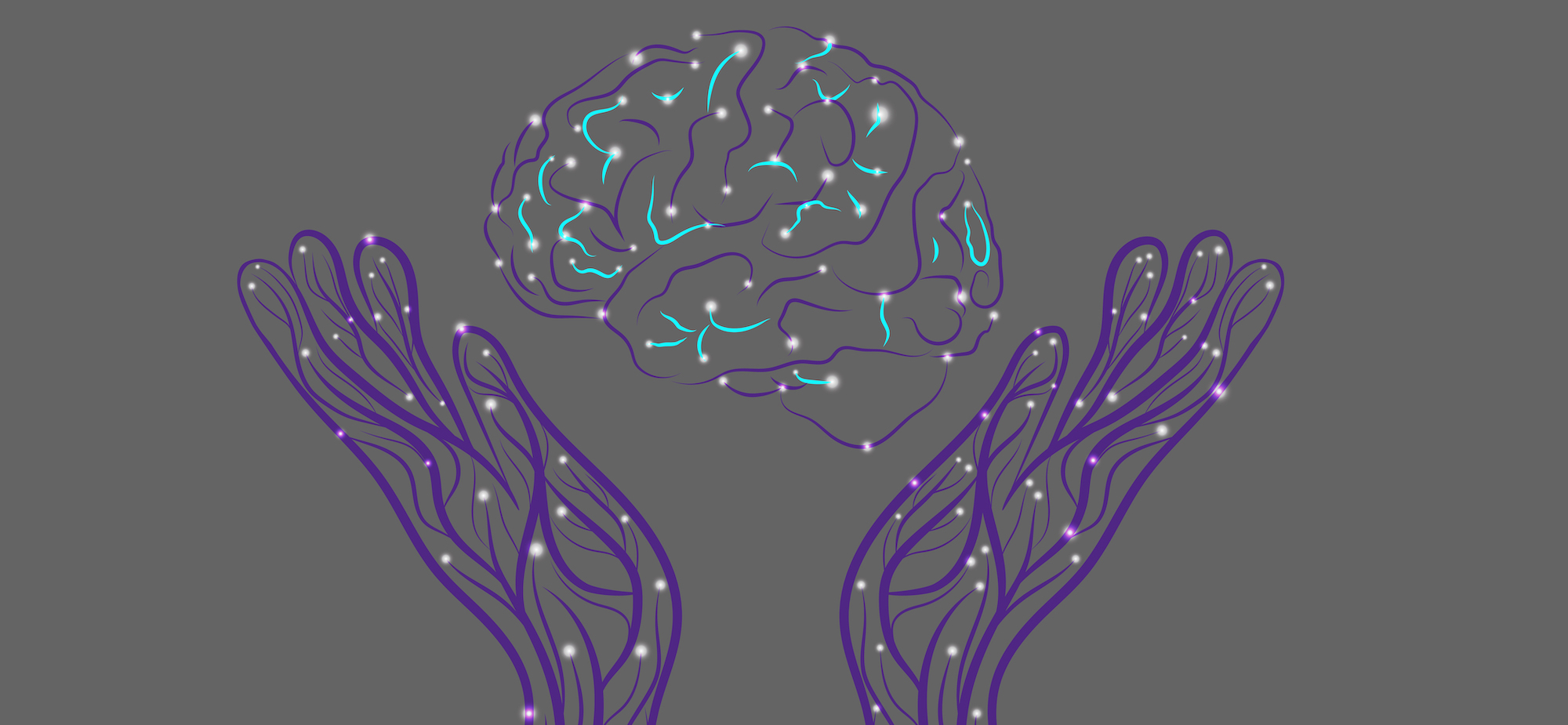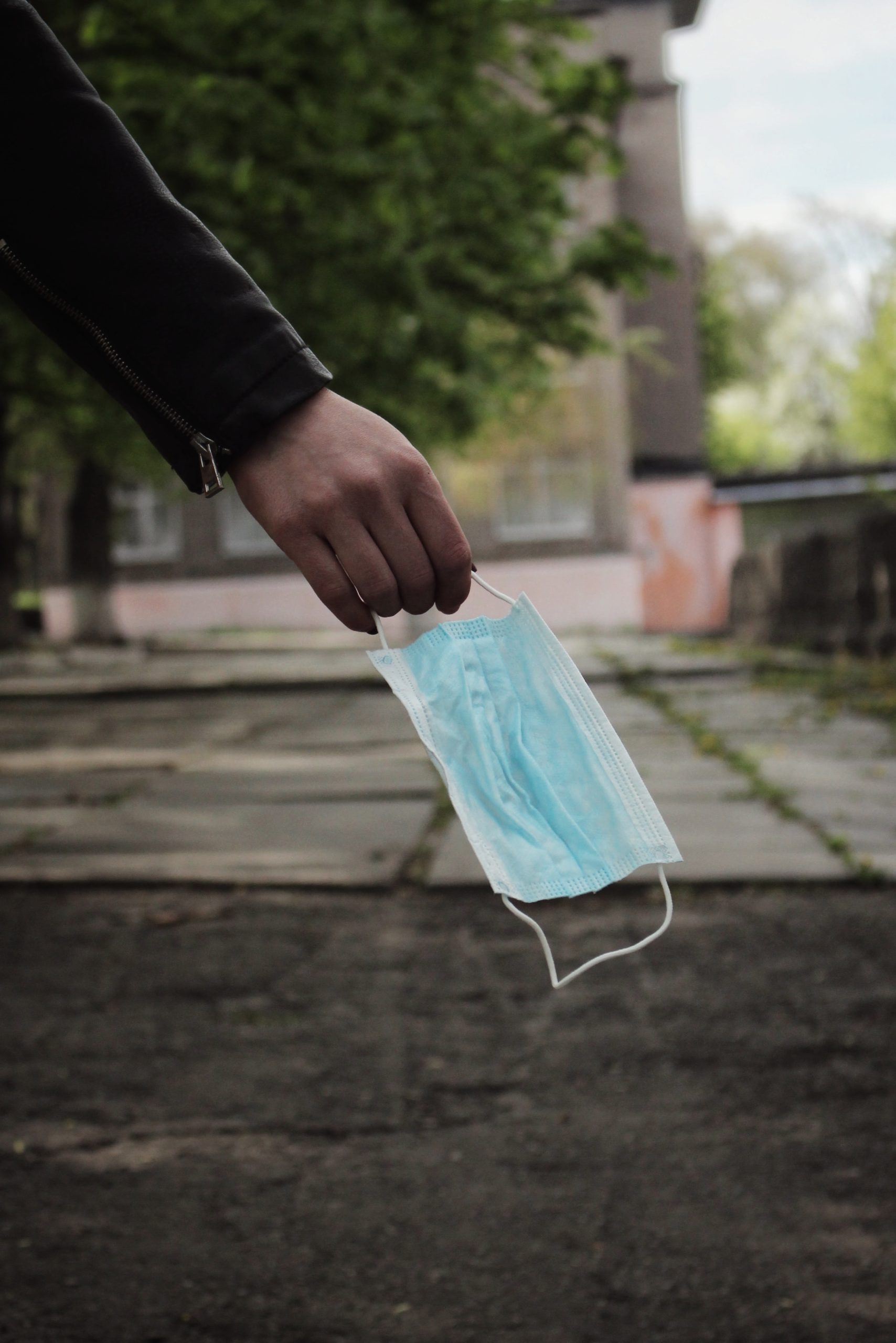Philosophy of Science
Rotman 2013 Annual Conference: Science and Reality
CONFERENCE DESCRIPTION Science has changed the ways we think of, and act on, the world. But do we really understand the relation between scientific theories and the world? Are there different perspectives on the world? How can it be that science, a characteristically human and social endeavour, yields successful predictions and fruitful explanations? What is [...]
Michaela Massimi: Perspectival Realism
ABSTRACT In her talk, Massimi will review the problems and prospects of scientific perspectivism. Scientific perspectivism has been advocated as a philosophical view that can account for the use of incompatible models in science, and as a middle ground between scientific realism and relativism. SPEAKER PROFILE Michela Massimi is a senior lecturer in Philosophy of [...]
Stathis Psillos: Revisiting the ‘Bankruptcy of Science’ Debate
ABSTRACT The ‘bankruptcy of science’ controversy took place in France towards the end of the nineteenth century. It was a heated debate among scientists, philosophers, literary critics, novelists and various public figures that was widely advertised in the press and caught the attention of the wider public on both sides of the Atlantic. It initially [...]
Douglas Kutach: Empirical Fundamentalism
Room 1145 - Stevenson Hall Stevenson Hall, Room 1145, London, Ontario, CanadaABSTRACT The program is built on two main ideas. First, metaphysics should be understood primarily in term of a certain concept of fundamental reality. The fundamental/derivative distinction is meant to replace a variety of competitors such as the reality/appearance distinction, the objective/subjective distinction, the scientific and manifest image, the realism/anti-realism distinction, and the distinction between [...]
Bas van Fraassen: The Self, From a Logical Point of View
Great Hall - Somerville House Somerville House, Western University, London, Ontario, CanadaABSTRACT Our sense of self is readily extrapolated to engender paradoxes, but that sense is not easily dismissed even when the logical aporiai are exposed. What Kant called the illusions of reason beckon here, but their false promises may be shown up if we subject the possibility of ‘objective’ scientific accounts of ourselves to a [...]
Bas van Fraassen: The Semantic Approach to Science, After 50 Years
Room 1145 - Stevenson Hall Stevenson Hall, Room 1145, London, Ontario, CanadaABSTRACT The 1960s saw many revolutions, worldwide, and some of that epoch’s revolutionary spirit manifested itself in philosophy of science, with strong reactions against the dominant ‘received view’ of Logical Positivism. Scientific realism emerged to dispute ontology, Kuhn single-handedly turned our eyes back to history of science, and the semantic approach replaced the methodological framework [...]
Causal Powers in Science: Blending Historical and Conceptual Perspectives
Dr. David S.H. Chu International Student Centre International and Graduate Affairs Building, Western University, London, Ontario, Canada2014 ROTMAN SUMMER INSTITUTE The 2014 Institute brings together philosophers of science and metaphysicians with historians of philosophy to discuss conceptual and historical issues concerning the nature and role of causal powers in science and the prospects of the debate between the neo-Aristotelian and neo-Humean approaches to causation and laws of nature. This is a [...]
Ioannis Votsis: Debunking the Instrument Conspiracy
ABSTRACT Observations made through instruments that cannot also be made with our unaided sensory organs lack epistemic credibility, claim the constructive empiricists. One well-known challenge to this view draws attention to the fact that distinct types of instruments have been known to yield the same or at least highly similar observational outputs. The implication, of [...]
Peter Achinstein: Who Needs Proof? James Clerk Maxwell on Scientific Method
ABSTRACT Isaac Newton famously claimed that hypotheses, i.e., unproved propositions, have no place in “experimental philosophy.” Maxwell disagreed and proposed three methods that can legitmately be employed when a scientist lacks proof for a theory, or even a theory to be proved. What are these methods, and are they legitimate? SPEAKER PROFILE Peter Achinstein specializes [...]
Peter Achinstein: What is a Theory of Everything and Why Should We Want One?
Room 1145 - Stevenson Hall Stevenson Hall, Room 1145, London, Ontario, CanadaABSTRACT Scientists and philosophers who seek, or advocate seeking, a “theory of everything” (e.g., string theory, Thomas Nagel’s panpsychic theory, David Chalmers’ “construction of the world”) want to produce a grand, unifying theory that can explain everything on the basis of fundamental laws and constituents of the universe. Advocates of this idea offer very general [...]
Helen Longino: Perspectives and Pluralities
Room 1145 - Stevenson Hall Stevenson Hall, Room 1145, London, Ontario, CanadaABSTRACT This lecture will explore how the same phenomenon assumes different forms from different research perspectives and consequences of this for our understanding of scientific knowledge. SPEAKER PROFILE Helen Longino’s teaching and research interests are in philosophy of science, social epistemology, and feminist philosophy. She is the author of The Fate of Knowledge (Princeton University [...]
Peter Anstey: Locke on Measurement
ABSTRACT This Rotman Lecture concerns John Locke’s practical and theoretical interest in measurement. Locke’s fascination with the measurement of weight, distance, time and monetary value is evident throughout his notebooks, journal and correspondence. It is hardly surprising, therefore, that it features in his philosophical reflections as early as Drafts A and B of the Essay [...]
Algorithms and Complexity in Mathematics, Epistemology and Science
ACMES (Algorithms and Complexity in Mathematics, Epistemology and Science) is a multidisciplinary conference that focuses on a combination of the science of reliability and uncertainty quantification with conceptual and foundational issues concerning reliability in the application of scientific theories to real phenomena. The conference integrates longer talks from six leading computational scientists and philosophers of [...]
Rotman 2018 Annual Conference: Understanding Replication Across the Sciences
Room 3000 - Western Interdisciplinary Research Building Western University, London, Ontario, CanadaCONFERENCE DESCRIPTION Currently, there is a widespread perception that scientific activity is in the middle of a (so-called) 'reproducibility' or 'replication crisis'. Many important findings published in leading scientific journals have turned out to be difficult or impossible to replicate. The ongoing controversy surrounding the reproducibility of scientific activity threatens to undermine the authority of [...]
Erik Angner: Why the Science of Well-Being Needs the Philosophy of Well-Being—and Vice Versa
Room 1170 - Western Interdisciplinary Research Building Western Interdisciplinary Research Building, London, Ontario, CanadaABSTRACT In 1976, Mario Bunge advocated a “vigorous and symmetrical interaction between science and philosophy … to close the gap between the two camps and to develop a scientific philosophy and a science with philosophical awareness.” The aim of this paper is to defend both parts of Bunge’s thesis, viz., that philosophical conclusions are relevant [...]
Anjan Chakravartty: Constraints on Rational Scientific Disagreement
Room 1170 - Western Interdisciplinary Research Building Western Interdisciplinary Research Building, London, Ontario, CanadaABSTRACT In recent work I have argued that scientific disagreement can be rational even in contexts of shared evidence and comparable expertise. The notion that rival interpretations of a theory or a model can be rational, however, has potentially worrying consequences for how we view scientific knowledge and our reliance on it in societal contexts [...]
Emerging Minds Colloquium Series
Virtual (register for Zoom link)Beginning January 2021, The Rotman Institute of Philosophy will be hosting the 'Emerging Minds' colloquium—a series of virtual talks delivered by members of the Institute and scholars from around the world. We invite you to take part by both presenting and attending, in order to network with others who are completing novel interdisciplinary work [...]
Patrick Fafard: Is Science Enough? Science Advice, Health Essentialism, and Pandemic Decision-Making
Room 4190 - Western Interdisciplinary Research Building Western Interdisciplinary Research Building, Room 4190, London, Ontario, CanadaAbstract: Policy decisions made during the COVID-19 pandemic were commonly defended by decision-makers on the grounds they were 'following the science'. This suggested decision-makers were relying heavily on the advice of experts in public health, notably infectious disease physicians, to inform policy decisions. This raises important questions about the exact nature and role of [...]
Hasok Chang: Realism for Realistic People
Room 4190 - Western Interdisciplinary Research Building Western Interdisciplinary Research Building, Room 4190, London, Ontario, CanadaAbstract: In his innovative book, "Realism for Realistic People," Hasok Chang constructs a philosophy of science for 'realistic people' interested in understanding and promoting the actual practices of inquiry in science and other knowledge-focused areas of life. Inspired by pragmatist philosophy, he reconceives the very notions of reality and truth on the basis of [...]
NEW DATE – Berna Devezer & Erkan Buzbas: Theoretical Insights on Replication: A Miracle or a Crutch?
Room 3000 - Western Interdisciplinary Research Building Western University, London, Ontario, CanadaPlease join the Rotman Institute in welcoming Berna Devezer and Erkan Buzbas to the institute December 1st! Please note, this will be a virtual event. Devezer will present, "Theoretical Insights on Replication: A Miracle or a Crutch?" at 11:30 am Lunch will be provided at 1:00 pm Buzbas will [...]

















